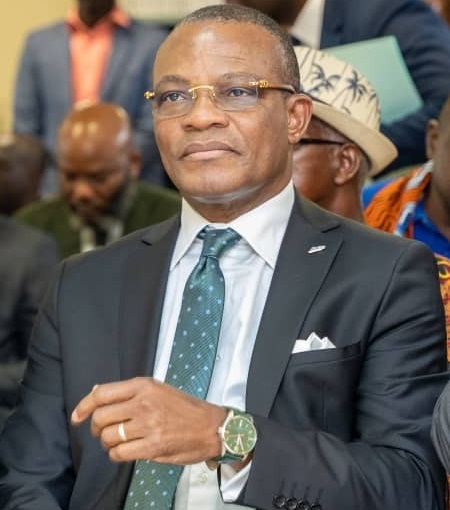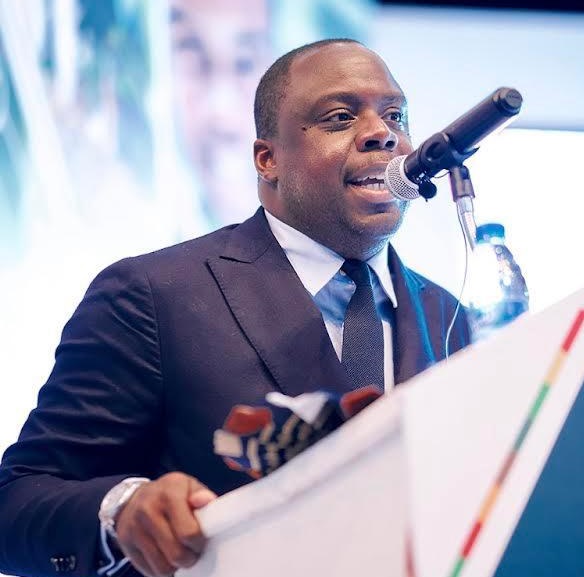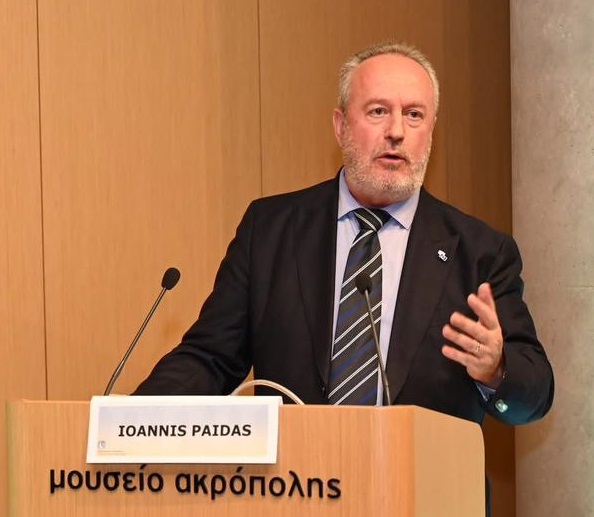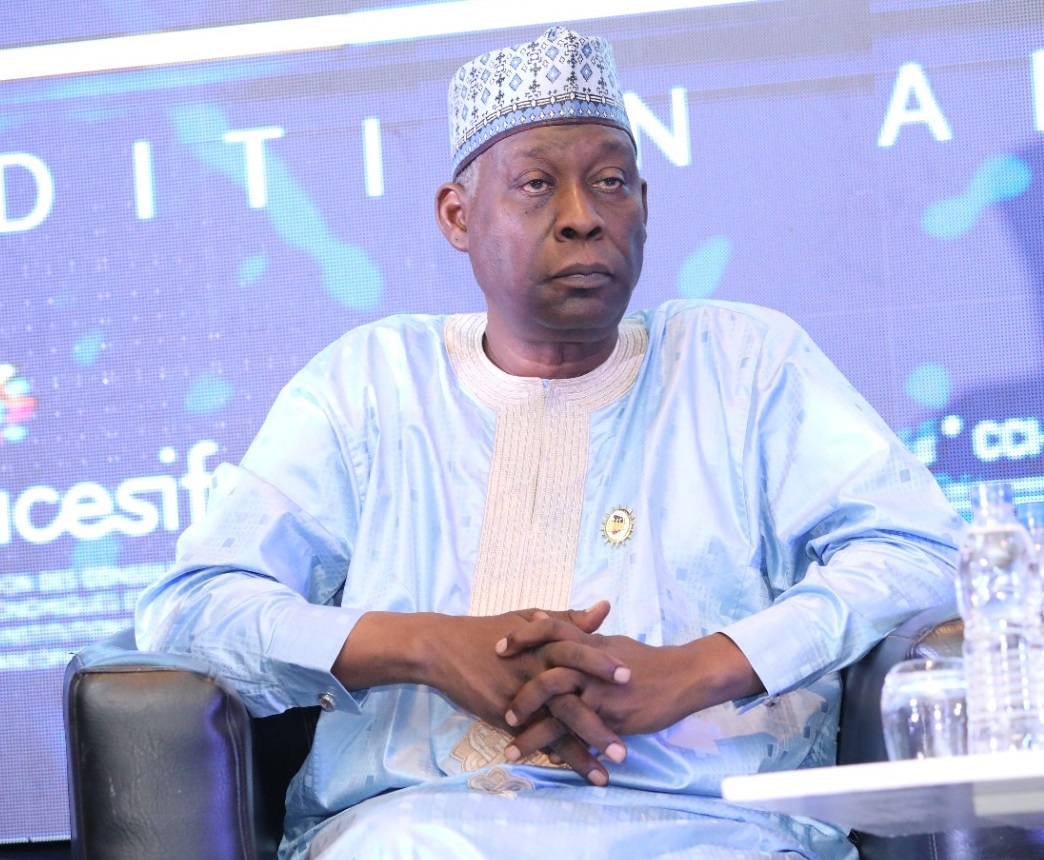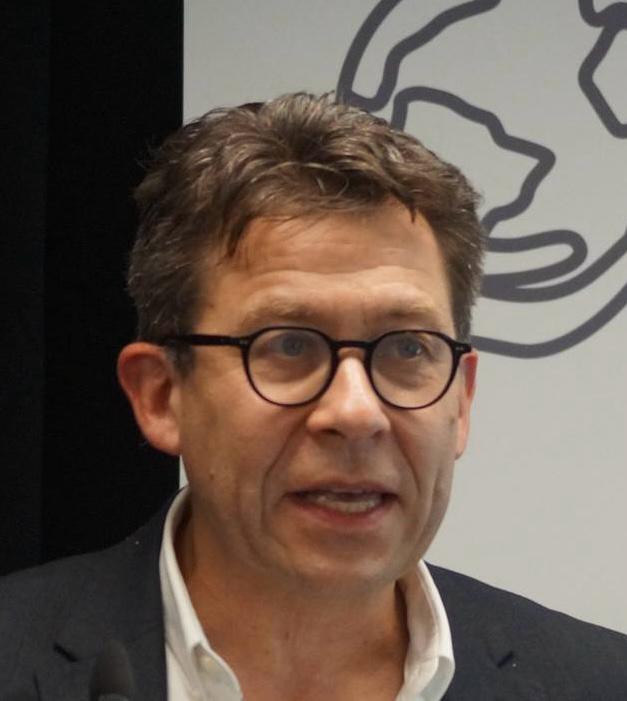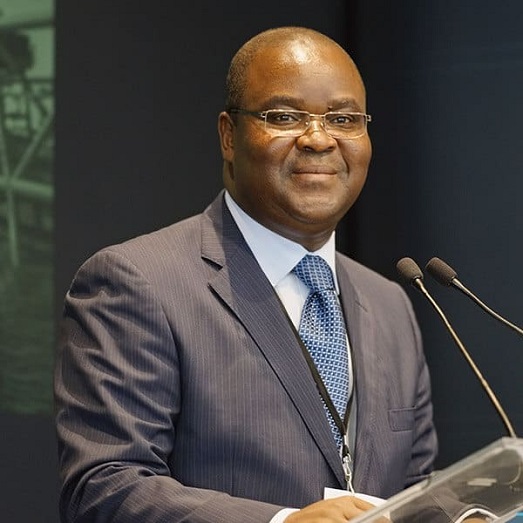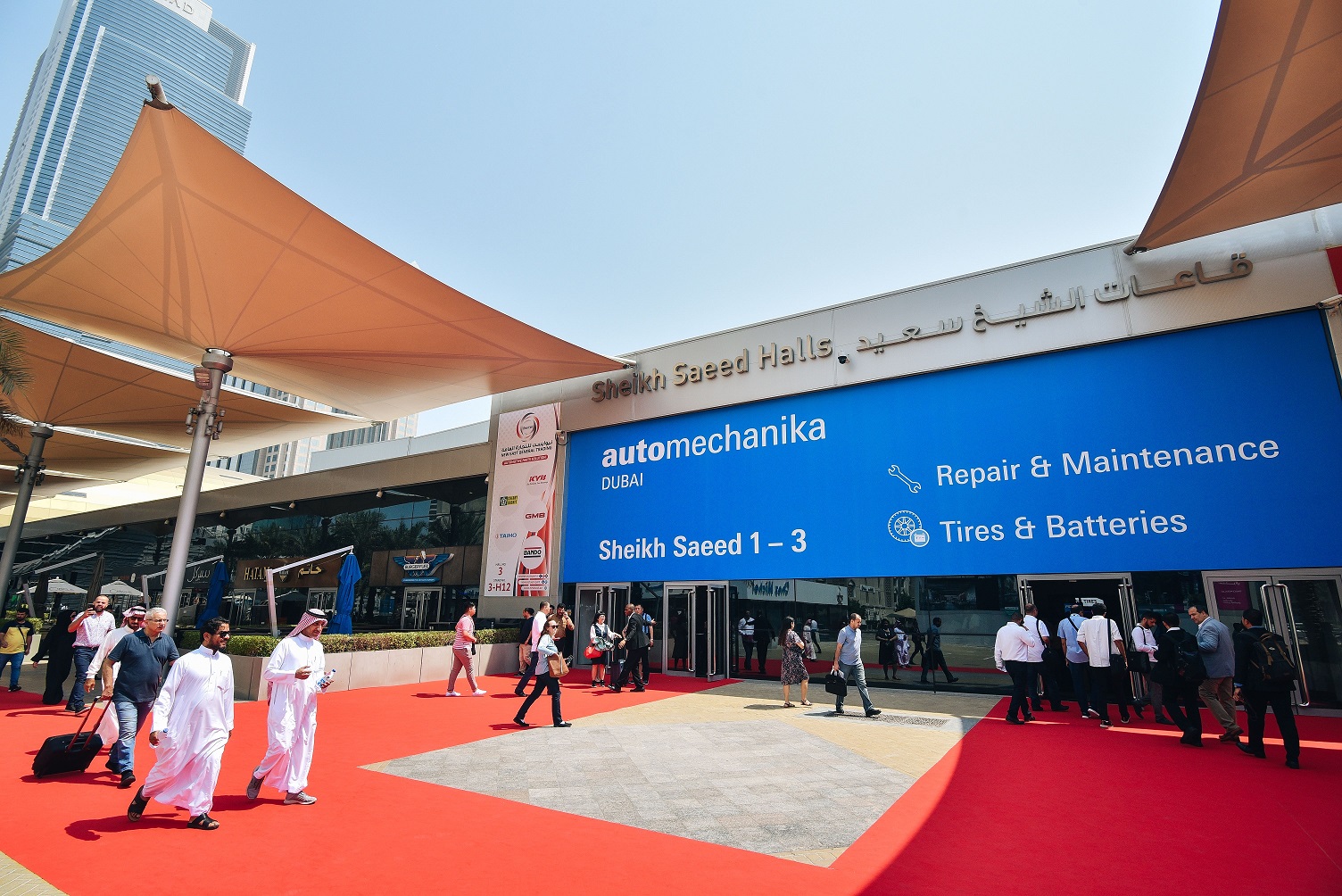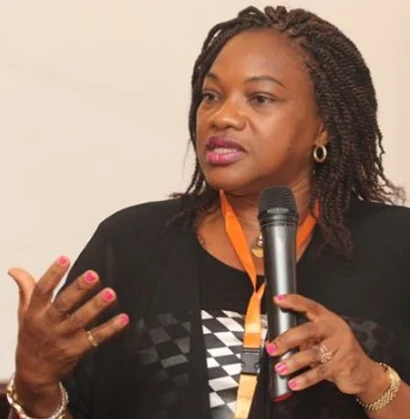The launch of the 2017 Africa Green Revolution Forum in Abidjan marked history in the making, according to heads of state who took the podium to lead the continent in reshaping Africa’s agriculture.
“Africa missed out on the first Green Revolution but we must seize the moment as the second Green Revolution unfolds. AGRF 2017 is happening at the right time because we now recognise the paramount importance to us as a people and as a continent to turn agriculture around, to feed ourselves qualitatively and quantitatively,” said Liberia President Ellen Johnson Sirleaf during the official launch of the forum.
Speaking at an event flanked by presidential guards in sweeping cloaks and long boots, President Sirleaf presented the new will for transformation that now sees Africa climbing the productivity ladder.
For when much of the globe’s agriculture enjoyed a green revolution and soaring growth in agricultural output in the mid-20th century, fueled by the arrival of tractors, pesticides, high yield crops, and intensive farming, Africa was substantially left behind.
But more than half a century later, the continent is now taking center stage as the world’s main hope for food security as the world’s population moves towards 9 billion by 2050. With more than half of the world’s unused arable land in Africa, the continent is now projected to play a central role in meeting global food needs.
But the world’s second Green Revolution is emerging as markedly different from the first, as it places a new emphasis on smallholder farmers, working land traditionally considered poor, and often prone to drought or flooding.
This revolution is now regarded as critical to delivering the jobs, wealth, and take-off that have eluded the continent until now, as well as to achieving food security.
“We have managed to reduce the levels of poverty in our country through investment in agriculture. And because of the economic benefits we have made, as a country we commit to continually invest in the sector,” said AGRF host Cote d’Ivoire President Alassane Ouattarra.
Engaging the youth in this is now critical, he said. “Agriculture is a great source of employment and, therefore, we must make it attractive to the youth.”
Such progressive commitments are now spurring a new era of partnerships between governments, agencies and the private sector around the common mission of repositioning African agriculture.
“There is notable effort to improve food production methods and real commitments have been made to address key issues in the sector to increase yields and production, with 95 per cent of resources dedicated to increasing food production,” said Mamadou Biteye, the MD of the Rockefeller Foundation.
As the 2017 AGRF declared itself open and turned to its 52 events, across plenary sessions, symposia, and panels, the forum opened to a clear declaration of commitment by Africa’s agricultural leaders to delivering a new revolution for everyone.
with agrf











